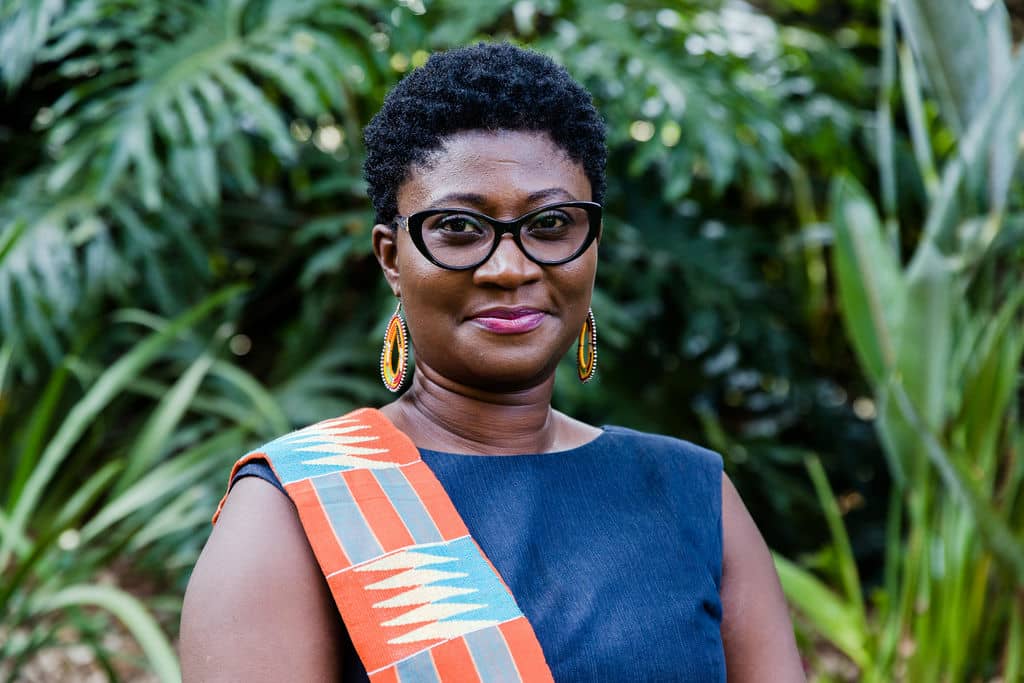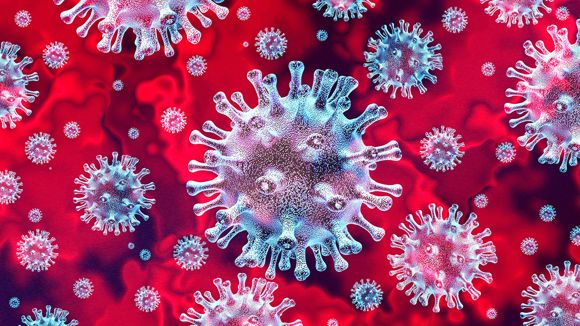Consider the lifespan of an average banknote as it passes from hand to hand to hand to hand over a period of about two years… now consider how that banknote could be the carrier of infections such as the Coronavirus.
According to the World Health Organization, Covid-19 can be spread through contaminated objects in addition to droplets and direct contact with infected patients. The human coronaviruses can remain infectious on contaminated objects for as long as nine days.
Survival of various microorganisms on paper money and coins indicates that this could represent a potential cause of sporadic cases and disease reservoir because of average life of a banknote which is two years.
Banks in China have now reverted to the use of ultraviolet light to disinfect Yuan bills before recirculating them. Ethylene oxide is by far the dominant sterilization technology for single-use medical devices in China, however, it takes seven to fourteen days, which is too long under the present circumstances. Gamma Irradiation technology can reduce the lead time to one day.
Now, China’s National Technical Committee for Standardization of Disinfection Equipment and the National Standardization Unit for Bio-Protection Products has temporarily authorized the use of gamma and electron beam irradiation to replace ethylene oxide as an emergency contingency.
Ghana has just recorded eleven official cases of infected people and, even though some measures have been taken by the government to slow down the spread of the disease, it is imperative to harness all resources - including available technologies - to combat this pandemic.
For this, we could draw some lessons from China and look at Gamma irradiation as well.
Gamma irradiation has been used for several decades to decontaminate various items - including food, cosmetic raw materials, and medical supplies - with great efficiency. This process involves exposing the item to ionizing radiations for achieving a specific effect that reduces the levels of microorganisms.
Radiation processing is a controlled application of energy of short wavelength radiations of the electromagnetic spectrum known as ionizing radiations and includes gamma rays, accelerated electrons, and X-rays to have the desired effect on the product.
With the support of the International Atomic Energy Agency (IAEA), the Ghana Atomic Energy Commission (GAEC) has piloted radiation processing and scientists have developed protocols for radiation processing of several commodities including food, medical products and industrial products such as polymers. The facility currently provides radiation processing services to hospitals, pharmaceutical and herbal medicine companies, and agricultural research institutions among others.
The facility is used to sterilize, decontaminate or treat agro-products to delay ripening, inhibit sprouting or for phytosanitary purposes. It is also used to decontaminate spices used in the culinary industry.
This technology is a viable option for reducing microbial contamination not only on paper currency but also medical supplies and garments for front line workers working in hospitals and health centres.
In as much as we will prefer a cashless system to reduce our interaction with money, we cannot do away with cash completely. It is therefore important to look at all ways we can reduce the spread of the virus.
President Nana Akuffo-Addo has committed $100million to finance the expansion of infrastructure, purchase of materials and equipment and public education in our fight against the coronavirus disease.
It is important to allocate some of these resources to the upgrading of the Gamma Irradiation Facility at GAEC so that we can boost the capacity and output of the facility to processing larger quantities of contaminated products at a much shorter time.
This is a defining moment in our fight against a global pandemic. Using local technologies would be a huge step towards our preparedness to battle a potential epidemic in Ghana.

Dr Mavis Owureku-Asare is the manager of the Gamma Irradiation Facility at Ghana Atomic Energy Commission. She is also a 2020 Aspen New Voices fellow. Follow her on twitter @mowurekuasare.
Latest Stories
-
KiDi, Joe Mettle, Kwan Pa, others thrill patrons at MTN Festival of Nine Lessons and Carols
5 minutes -
Re-collation: Patrick Boamah wins Okaikwei Central seat
18 minutes -
Re-collation: NPP’s Eric Nana Agyemang-Prempeh declared winner of Ahafo Ano North
21 minutes -
Chaos as Ebi Bright demands total re-collation amid Dafeamekpor fury at EC G/A Office
25 minutes -
NPP’s Charles Forson declared winner of Tema Central seat
1 hour -
Re-collation: Annoh-Dompreh declared winner of Nsawam-Adogyiri seat
1 hour -
Low trust in EC fueling ‘protect the ballot’ mentality among political parties – CDD-Ghana
2 hours -
Ongoing re-collation illegal – Ablakwa
2 hours -
Tema Central re-collation stalls as returning officer cites threats on his family amid chaos
2 hours -
Akufo-Addo grants Presidential Charter to Entrance University of Health Sciences and 13 others
2 hours -
Election re-collation: Go to IPAC and dialogue, says Rev. Dr. Fred Deegbe
2 hours -
We have no knowledge of court petition to halt re-collation – EC
2 hours -
Televising re-collation will boost public confidence in election results – Barker-Vormawor
3 hours -
Re-collation: EC announces NPP’s Patrick Boakye Yiadom as winner of Obuasi East seat
3 hours -
What happened at Tesano collation centre was a disgrace to democracy – Frank Davies
4 hours

